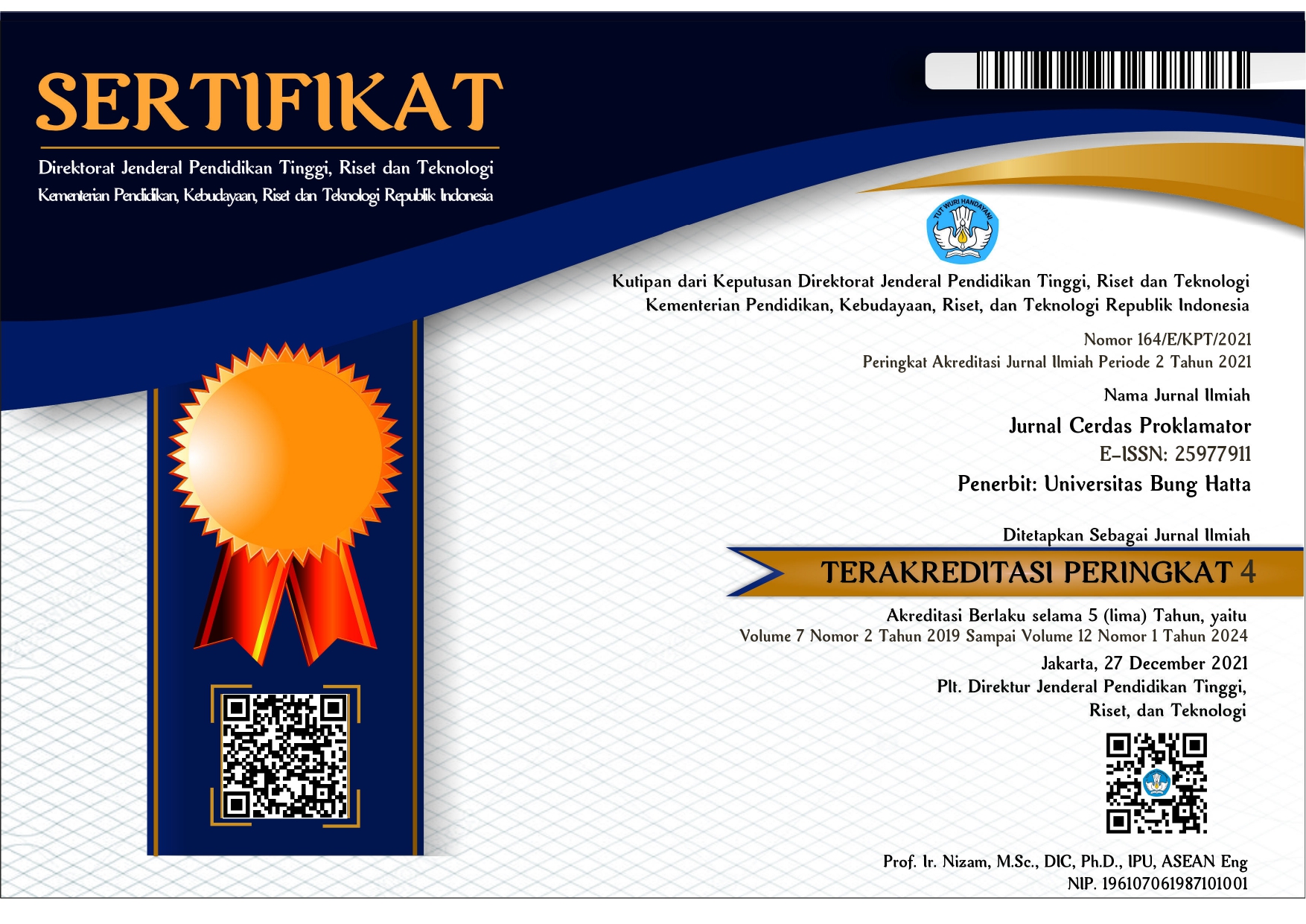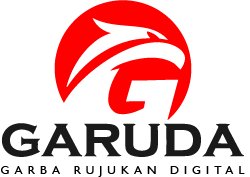MENGOPTIMALKAN MANAJEMEN KONFLIK DALAM KEPEMIMPINAN KEPALA SEKOLAH MI
Keywords:
Conflict Management, Leadership, School principalAbstract
Conflict is an inevitable aspect in any organizational environment, including educational institutions. Effective conflict management is crucial for maintaining a harmonious and productive school environment. This research aims to identify effective strategies in optimizing conflict management in the leadership of MI school principals. The research method employed was a field study, involving direct observation and interviews with MI school principals who have successful experience in conflict management. Participants were selected based on their experience and reputation in conflict resolution. The results of this research reveal the presence of effective communication strategies, fair conflict resolution, and the development of an inclusive school culture as important factors in optimizing conflict management in the leadership of MI school principals. Principals who demonstrate the ability to listen empathetically, communicate clearly and openly, and build respectful relationships can create a harmonious school environment. Collaborative approaches, mediation, and emphasis on common interests contribute to fair conflict resolution. Additionally, building an inclusive school culture that encourages active participation from all stakeholders is essential. This research provides a significant contribution to our understanding of conflict management in the context of MI school principal leadership. The findings of this research can serve as a guide for MI school principals in addressing and resolving conflicts, as well as enhancing the quality of their leadership. Furthermore, this research provides a foundation for further studies in this field to develop more specific and effective strategies in optimizing conflict management in the leadership of MI school principals.
References
Bryman, A. (2016). Social research methods. Oxford University Press.
Creswell. (2014). Research design: Qualitative, quantitative, and mixed methods approaches (5th ed.). Sage Publication.
Creswell, J. W., & Poth, C. N. (2017). Qualitative inquiry and research design: Choosing among five approaches (4th ed.). Sage Publication.
Fahruzi, A., & Hidayat, W. (n.d.). Impelentasi Manajemen Konflik di Sekolah Implementation of Conflict Management at School.
Hasan, Moh. F., & Rahmawati, H. (2023). Education in world history. Paedagogica Historica, 1–3. https://doi.org/10.1080/00309230.2023.2246393
Hidayanthi, R., Rahmi Andini, S., Fitri, H., & Gistituasti, N. (2022). THE APPLICATION OF HEADMASTER ON SCHOOL BASED MANAGEMENT (SBM) PERANAN KEPALA SEKOLAH DALAM MANAJEMEN BERBASIS SEKOLAH (MBS). In | Jurnal CERDAS Proklamator (Vol. 10, Issue 2).
Jusneti, Morelent, Y., & Nandra, A. (2022). IMPLEMENTATION OF ELEMENTARY SCHOOL EDUCATION IN KAPAU, TILATANG KAMANG DISTRICT, AGAM REGENCY. Jurnal CERDAS Proklamator, 10(1), 26–34.
Minsih, M., Rusnilawati, R., & Mujahid, I. (2019). KEPEMIMPINAN KEPALA SEKOLAH DALAM MEMBANGUN SEKOLAH BERKUALITAS DI SEKOLAH DASAR. Profesi Pendidikan Dasar, 1(1), 29–40. https://doi.org/10.23917/ppd.v1i1.8467
Riqqah Annisa Maharani1, Y. M. , F. K. (2023). POLICY ANALYSIS OF PRINCIPALS IN ELEMENTARY SCHOOLS IN LEARNING DURING THE COVID 19 PANDEMIC. Jurnal CERDAS Proklamator, 11(1).
Riski, H., Rusdinal, R., & Gistituti, N. (2021). Kepemimpinan Kepala Sekolah di Sekolah Menengah Pertama. EDUKATIF?: JURNAL ILMU PENDIDIKAN, 3(6), 3531–3537. https://doi.org/10.31004/edukatif.v3i6.944
Rostini, D., & Amaly, N. (n.d.). Efektivitas Kepemimpinan Kepala Sekolah dalam Manajemen Konflik. 4, 173–180. http://jurnaledukasia.org
Setiyati, S., Negeri, S., & Gunungkidul, W. (n.d.). PENGARUH KEPEMIMPINAN KEPALA SEKOLAH, MOTIVASI KERJA, DAN BUDAYA SEKOLAH TERHADAP KINERJA GURU.
Sugiyono. (2017). Metode penelitian kuantitatif, kualitatif, dan R&D. Alfabeta.
Downloads
Published
Issue
Section
License
Copyright (c) 2024 Jurnal Cerdas Proklamator

This work is licensed under a Creative Commons Attribution 4.0 International License.
Copy right in each article belong to the authors.
1. The author acknowledges that the Journal Cerdas Proklamator as a publisher who publishes for the first time with the
Creative Commons Attribution 4.0 International License.
2. The Author can enter the writing separately, manage the non exclusive distribution of manuscripts that have been published in this journal into the other versions (eg sent to the repository of the author's institution, publication in book, etc), by acknowledge that the manuscript was first published in the Jurnal Cerdas Proklamator.

























